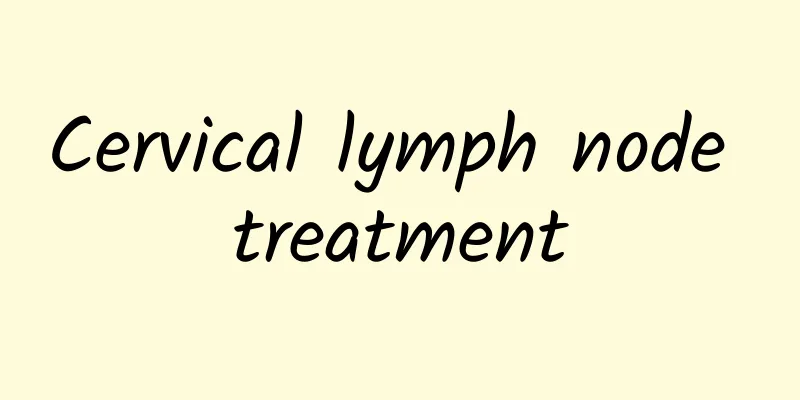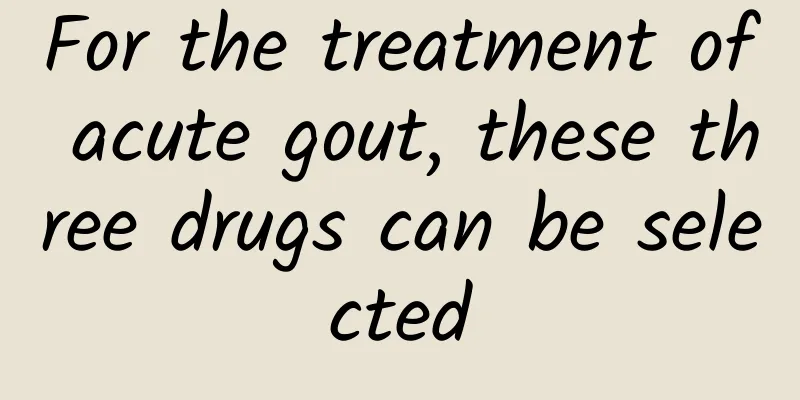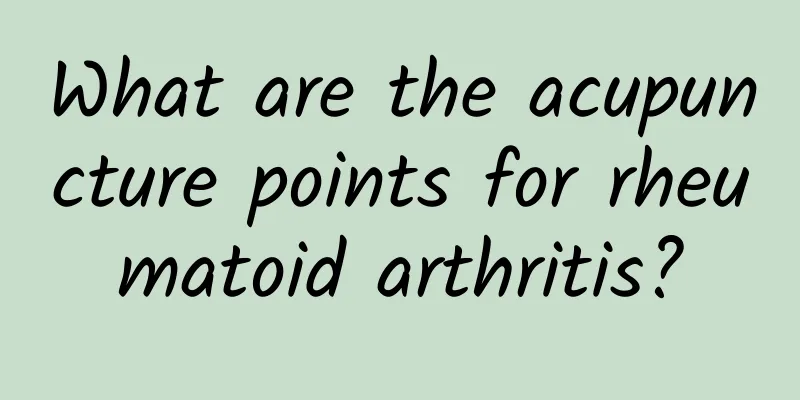How to treat acrodermatitis continua

|
Dermatitis is a troublesome skin disease. Small areas of dermatitis can be cured with medication or injections, but large areas of dermatitis are more difficult to cure. Acrodermatitis continua is characterized by the appearance of pustules on the skin. After a while, scales are formed on the skin. It looks very scary and cannot be scratched. It will be very painful if scratched, and may cause secondary infection if not handled properly. How to treat acrodermatitis continua? The skin lesions manifest as clustered millet-sized pustules on the basis of erythema. After the pustules dry up, scales and scabs are left behind. After removing the scales or scabs, a flushed erosive surface or a shiny erythema can be seen. The patient feels pain and burning sensation. The disease initially occurs at the ends of fingers and toes (fingers are more common than toes), and is often caused by a history of mild local trauma or infection. The skin lesions manifest as clustered millet-sized pustules on the basis of erythema. After the pustules dry up, scales and scabs are left behind. After removing the scales or scabs, a flushed erosive surface or a shiny erythema can be seen. Soon new pustules appeared in the original place, one after another, continuously. The lesions gradually extend proximally and may invade the entire fingers, toes, dorsum of hands, and dorsum of feet, but usually do not extend beyond the wrist and ankle joints. If the disease recurs and does not heal, subcutaneous tissue atrophy, bone absorption, thinning of fingers and toes, and even loss of terminal finger (toe) joints may occur. It is often accompanied by nail changes, such as loss of luster of the nail plate, vertical and horizontal grooves, redness and swelling of the nail bed, recurrent small pustules, and in severe cases, shedding of the nail plate. It may be accompanied by mucosal lesions such as geographic tongue. The patient feels pain and burning sensation, and due to atrophy of the skin and subcutaneous tissue, the affected fingers (toes) become flexed and contracted, with limited movement. Generally there are no systemic symptoms. treat: It is more difficult to treat and often resists various treatments. Topical medications include various glucocorticoid creams, vitamin D3 derivatives (such as calcipotriol ointment, calcipotriol betamethasone cream), calcineurin inhibitors (tacrolimus, pimecrolimus cream), etc. Satisfactory therapeutic effects can often be achieved in the short term with systemic treatment, such as retinoic acid drugs, cyclosporine A, methotrexate, etc., but the condition often recurs after drug discontinuation. In recent years, there have been case reports that biological agents have achieved good results in the treatment of refractory cases with few adverse reactions, such as etanercept, infliximab, adalimumab, etc. |
<<: Is the interruption of bone continuity serious?
>>: Can patients with renal insufficiency take Panax notoginseng powder?
Recommend
How to make meat buns soft and delicious
Baozi is one of the staple foods that people ofte...
Cold causes skin allergies
Cold is one of the most common respiratory infect...
Symptoms of hydrophobia
When it comes to hydrophobia, I believe that most...
What causes shoulder pain?
In daily life, many people often experience varyi...
What is altitude sickness?
Altitude sickness is actually a series of clinica...
Signs that your eczema is improving
After treatment of eczema, there will generally b...
What are the dangers and treatments of ankylosing spondylitis?
Ankylosing spondylitis is a very common chronic i...
What are the side effects of using orange peel as pillow?
Orange peel, also known as tangerine peel, is a k...
Empty follicles causes and symptoms
Empty follicles are generally caused by poor ovar...
Eating pears in autumn is the most nourishing way to moisturize the lungs and relieve dryness
Pear is one of the most common fruits in our live...
The harm of long-term constipation in women
Long-term constipation can cause great harm to wo...
Symptoms of damp-heat stasis
Damp-heat and blood stasis is the name of a disea...
Buttock and outer thigh pain
People may occasionally feel pain in their buttoc...
High HDL cholesterol
There are many common diseases in life. In the tr...
Does Chinese medicine need to be boiled twice?
When boiling Chinese medicine, most of the key po...









